TF–12
„My father had cigar factories in Mannheim, and also in Lorsch and Heppenheim, and at times employed more than a thousand people.“ So begins Henry Morgenthau Sr.’s biography. After coming to America from Germany in 1866, the Morgenthaus made history in international diplomacy, American domestic politics, and in the criminal justice system there. They amassed a fortune in Manhattan real estate, advised presidents, pushed the New Deal, uncovered the Armenian genocide, rescued victims of the Holocaust, fought wars in the Mediterranean and Pacific, and built a dynasty of public service on the foundation of their private wealth. In the words of former Mayor Ed Koch, they were „the closest thing to a royal family in New York City.“ Like the Morgenthaus, the Lorschs had based their wealth in the Electoral Palatinate. The first head of Mannheim’s Jewish community was Samuel Lorsch. When he went to Mannheim around 1660, he took the name of his place of origin as his family name, as did all Jews who had answered the call of the Elector. As court Jews, the Lorschs followed Karl Theodor to Munich 100 years later, when he took the Wittelsbach throne there. Finally, the banker Heinrich Lorsch emigrated from there to America in 1850. His son Albert became a gold, currency and diamond trader. In Maiden Lane, in what is now Manhattan’s Financial District, he built one of the city’s first high-rise buildings in 1894. From its walls, the Lorsch name was visible for far and wide. Diagonally opposite the Lorsch Building was the Lawyer’s Title Insurance & Trust building of Henry Morgenthau Sr. Today, the entire area is built up with real estate belonging to the New York Federal Reserve Bank.
